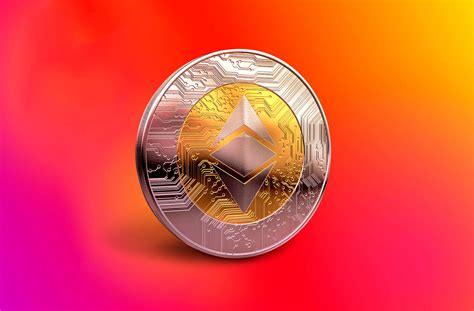Ethereum: Does the Share Difficulty given to each miner matter?
I can help you write an article on the topic of Ethereum share difficulty and its impact on miners.
Title:

Ethereum Share Difficulty: Does it Matter for Miners?
Introduction:
As a miner, one of the key factors that affect your mining rig’s performance is the difficulty level of the block reward. In this article, we will explore whether the share difficulty given to each miner matters and what its impact is on the cryptocurrency market.
What is Share Difficulty?
Share difficulty refers to the level at which new blocks are added to the Ethereum blockchain. It is calculated by dividing 2^32 by the total number of miners competing for the block reward. The higher the share difficulty, the more difficult it becomes for miners to add a new block and receive the block reward.
How does Share Difficulty Affect Miners?
When the share difficulty increases, it means that miners have to work harder to solve complex mathematical problems in order to add a new block and claim the reward. As a result, the rewards become less frequent, and the pool of potential rewards for all miners decreases.
Does the Share Difficulty Matter for Miners?
In theory, the share difficulty should matter significantly for miners, as they are competing against a large number of other miners to add blocks and receive rewards. However, in practice, it’s not always clear what impact the share difficulty has on miners’ profitability.
Some argue that the share difficulty is more relevant when mining a solo operation (i.e., only one miner competing), whereas for mining in a pool (i.e., multiple miners competing together), the impact of share difficulty may be less significant. Additionally, some miners may choose to mine alone due to various reasons such as personal preference or specific hardware.
Impact on Mining Profitability:
The impact of share difficulty on mining profitability is still debated among experts and miners. However, here are a few points to consider:
- Higher share difficulty can make it more profitable for solo miners to operate, especially when the reward per block increases.
- For pool miners, the impact of share difficulty may be less significant, as they often rely on economies of scale to reduce costs.
- Some experts argue that the benefits of increased share difficulty (e.g., higher rewards) do not justify the increased mining time and electricity consumption required.
Conclusion:
In conclusion, while the share difficulty gives each miner a certain level of security and reward for solving complex mathematical problems, its impact on miners’ profitability is still unclear. For solo miners, the benefits may outweigh the costs, especially when the reward per block increases. However, for pool miners, the effect of share difficulty may be less significant due to economies of scale.
Recommendation:
If you’re a miner or plan to start mining in the future, it’s essential to consider your personal circumstances and the specific conditions under which you’ll be mining. While the share difficulty is just one factor to consider, it’s not the only one. Be sure to research and understand the current market conditions, reward structure, and any other relevant factors before making a decision.
I hope this article provides valuable insights into the topic of Ethereum share difficulty and its impact on miners!


